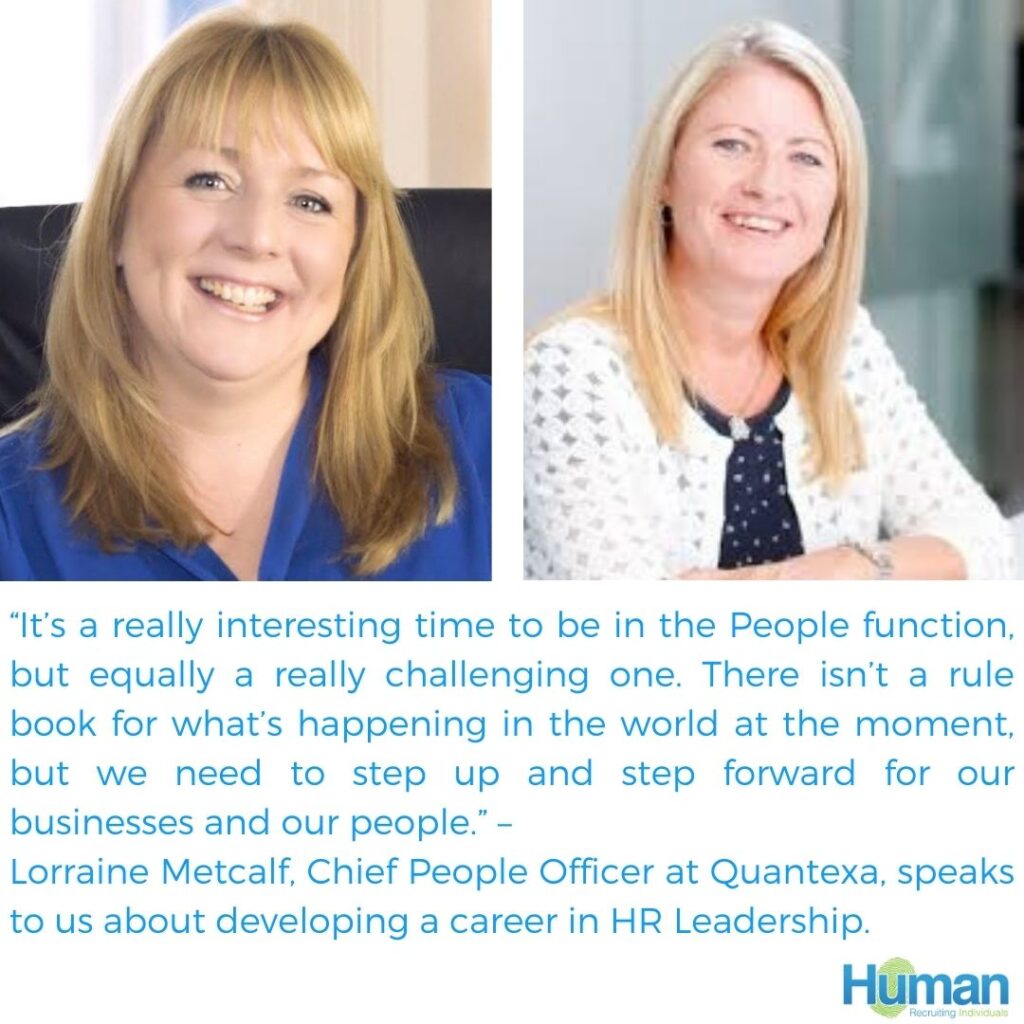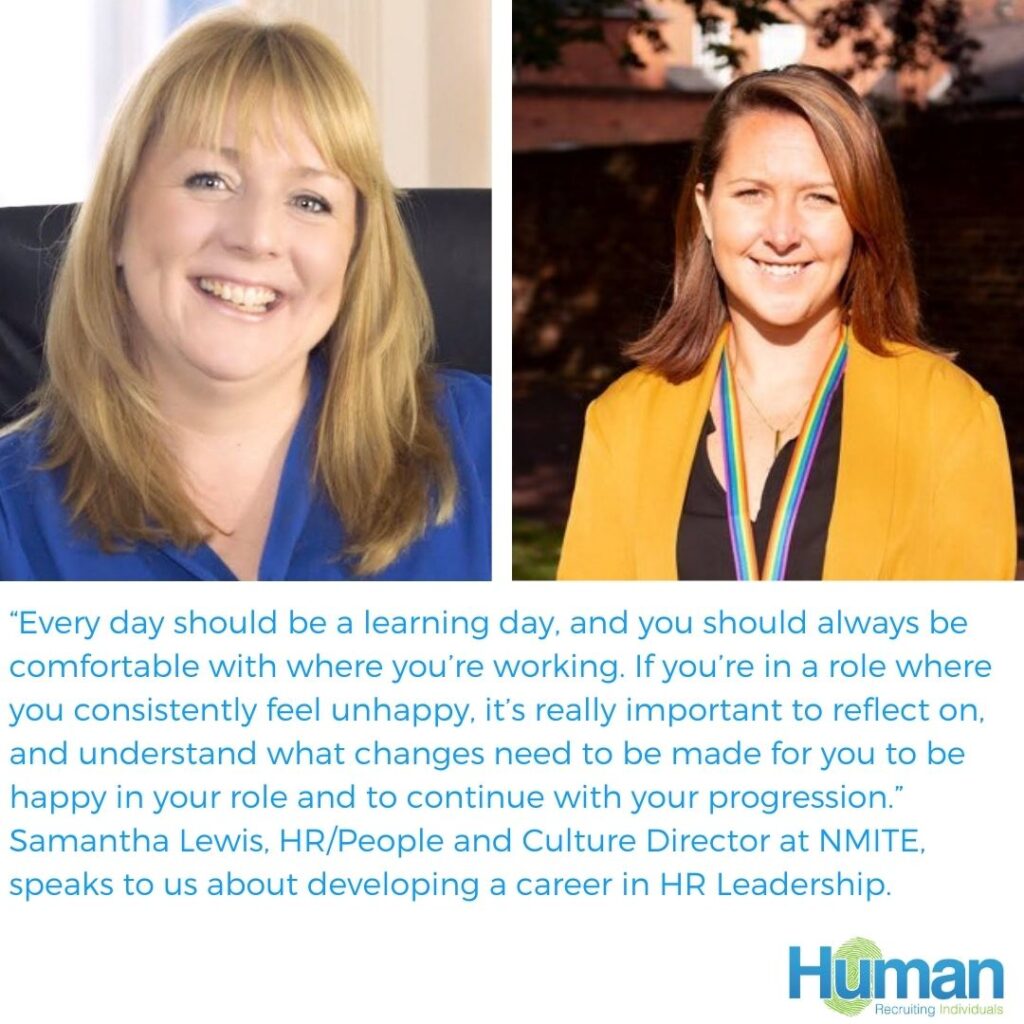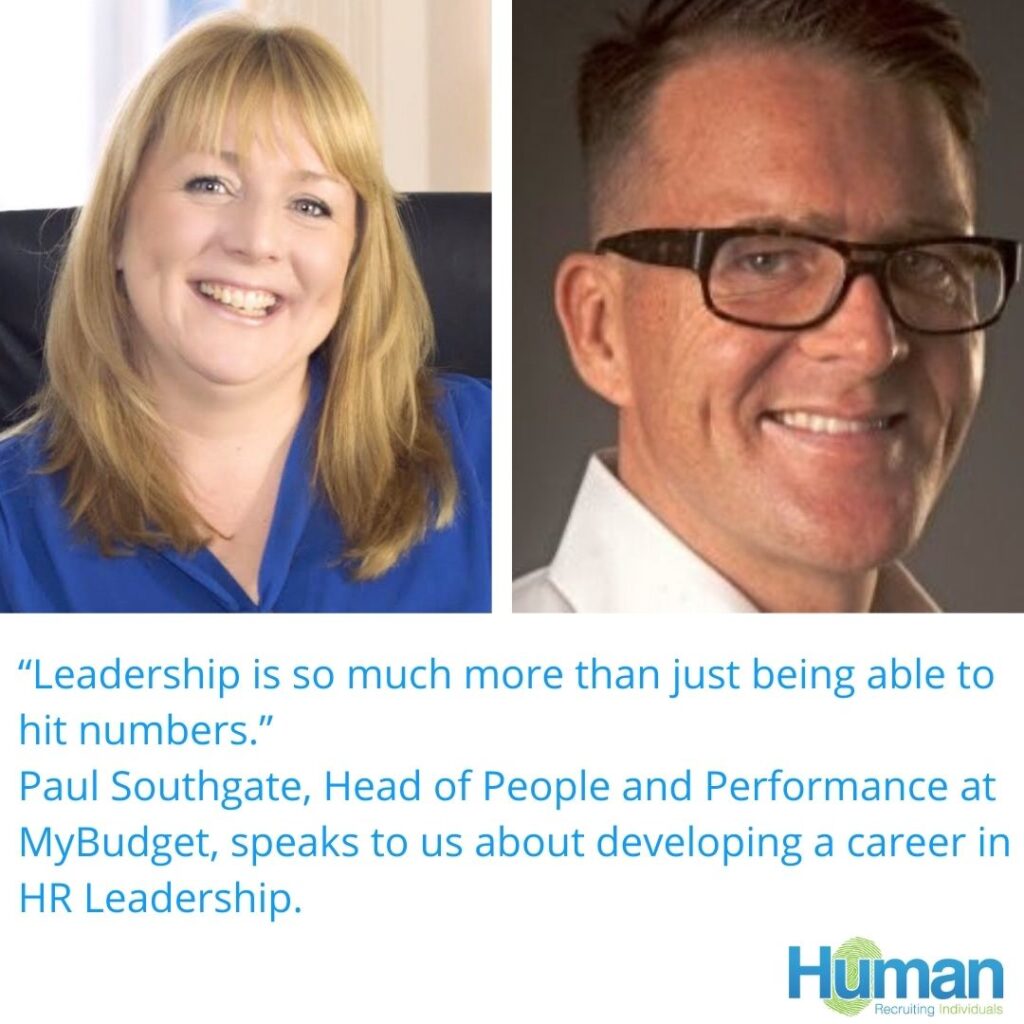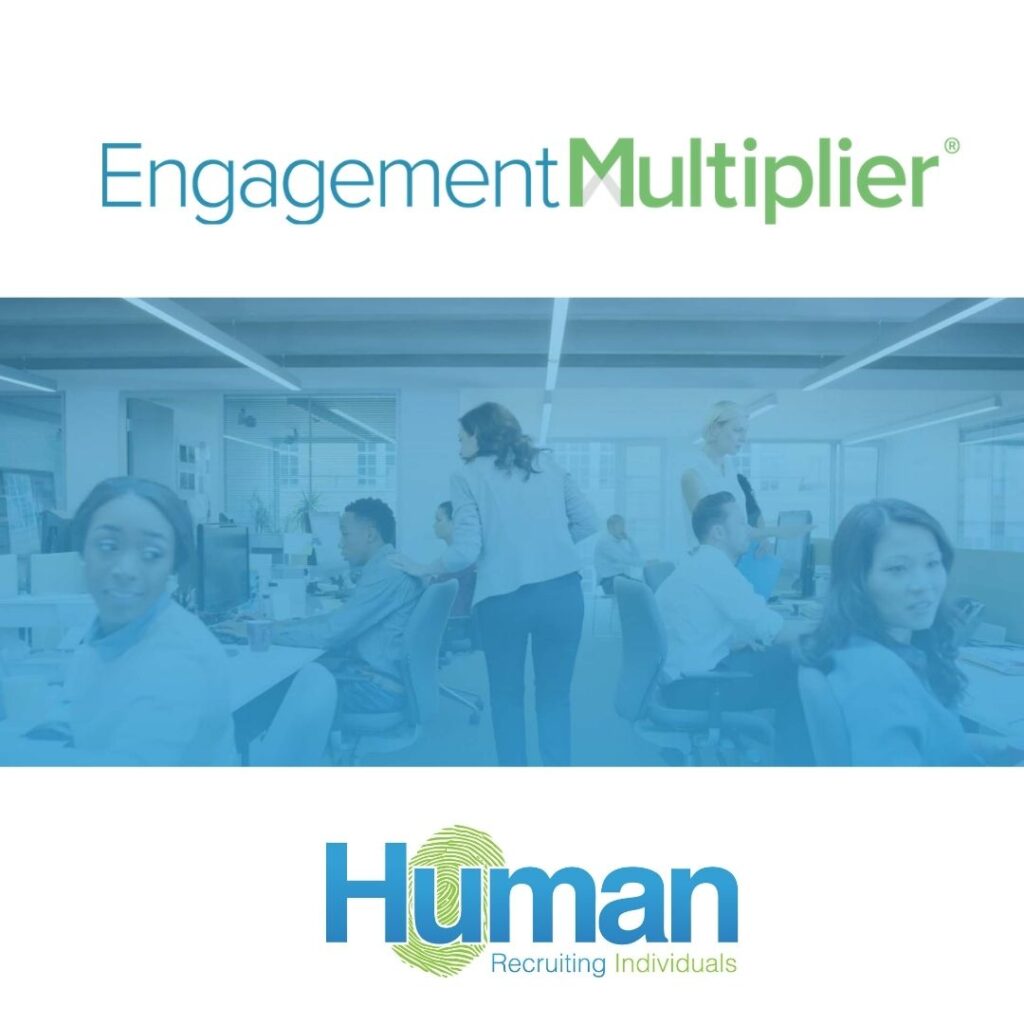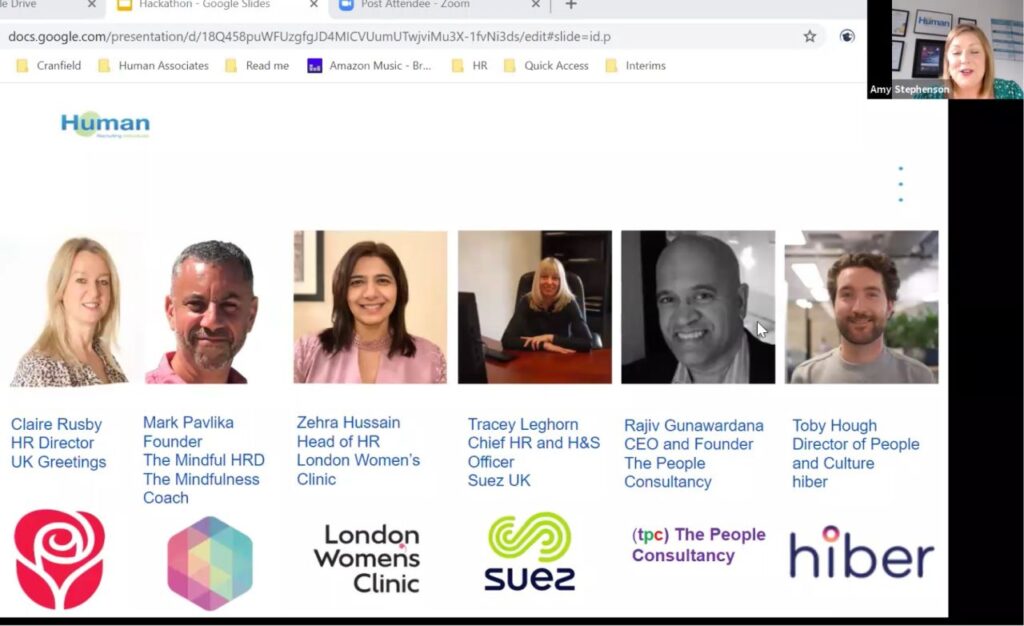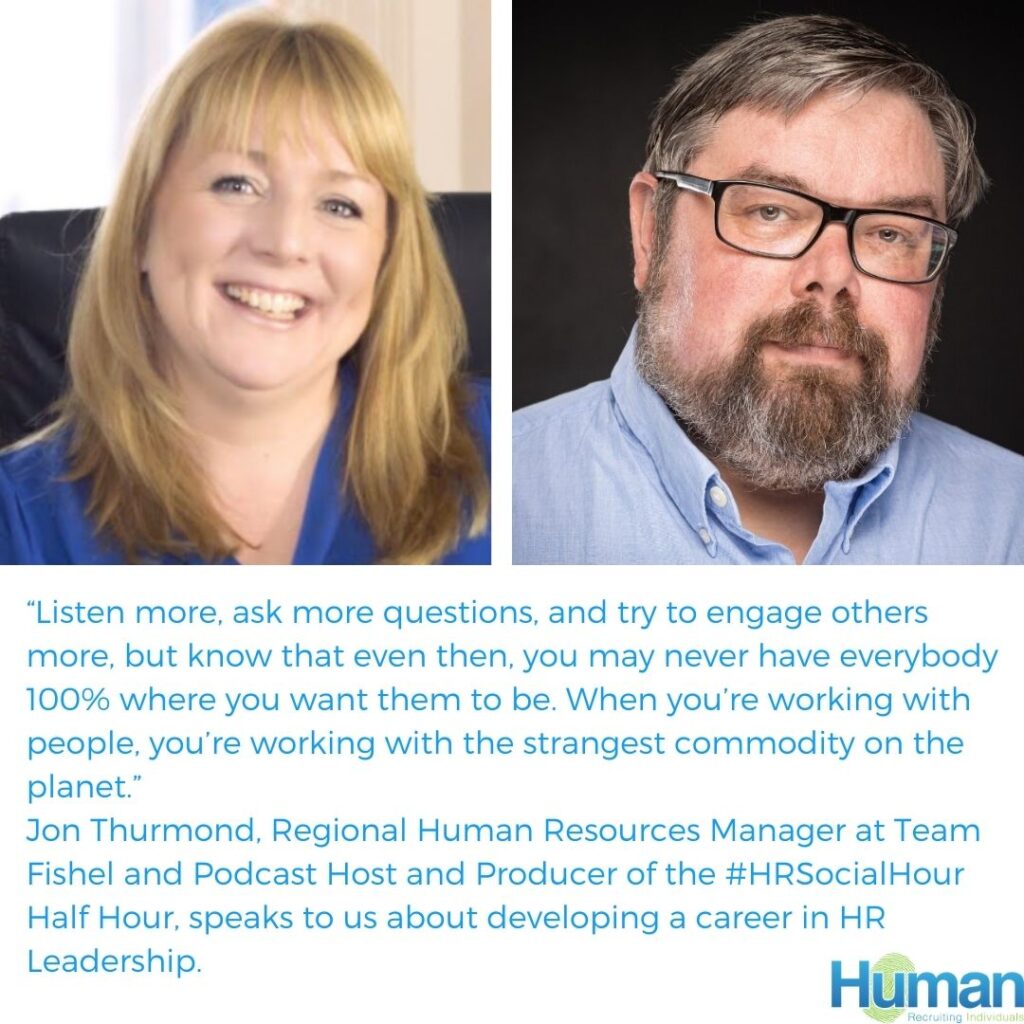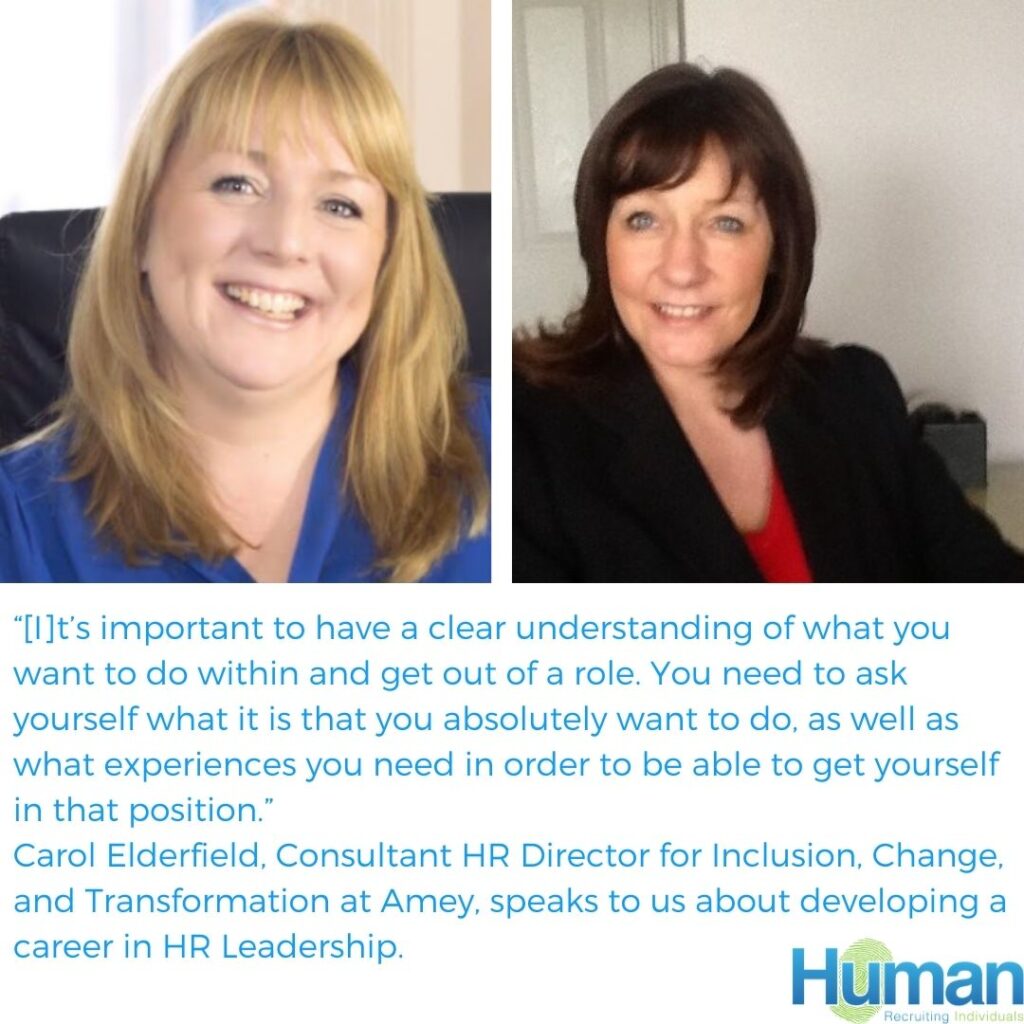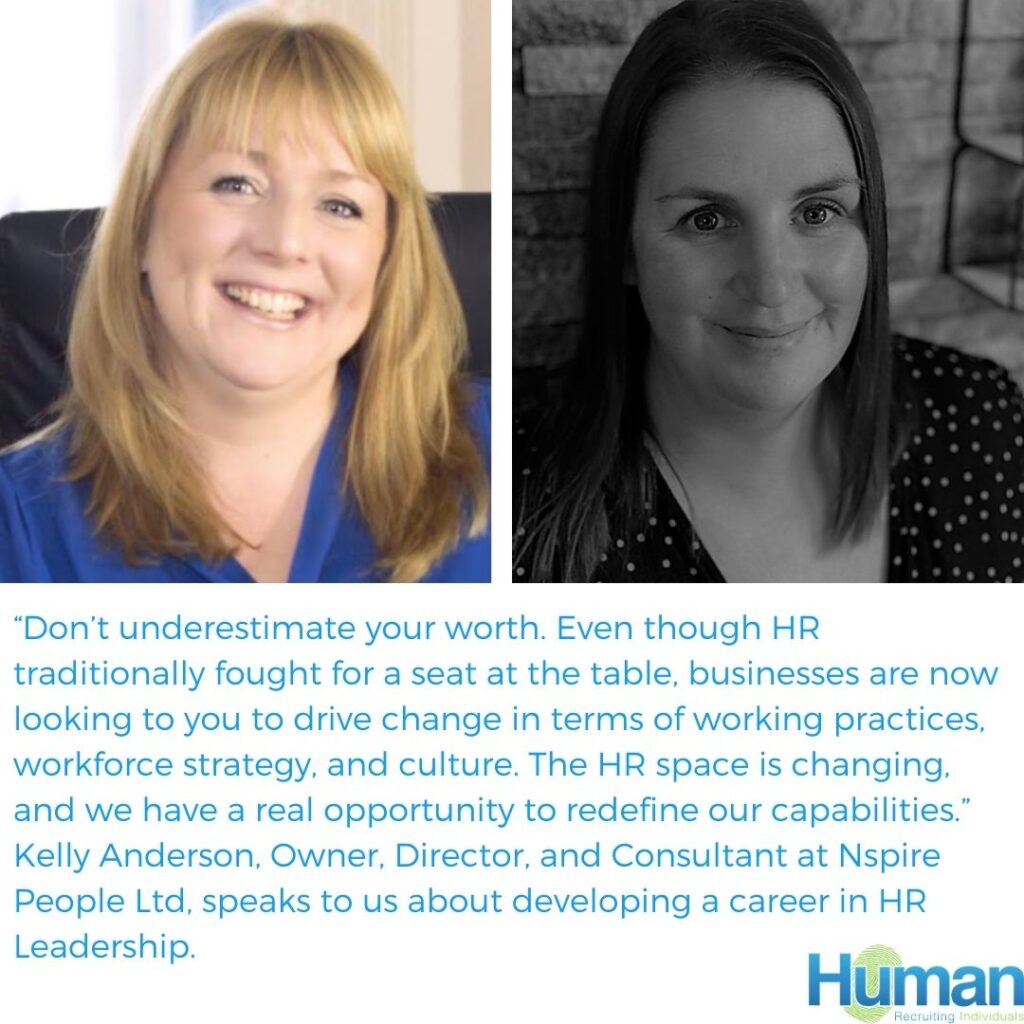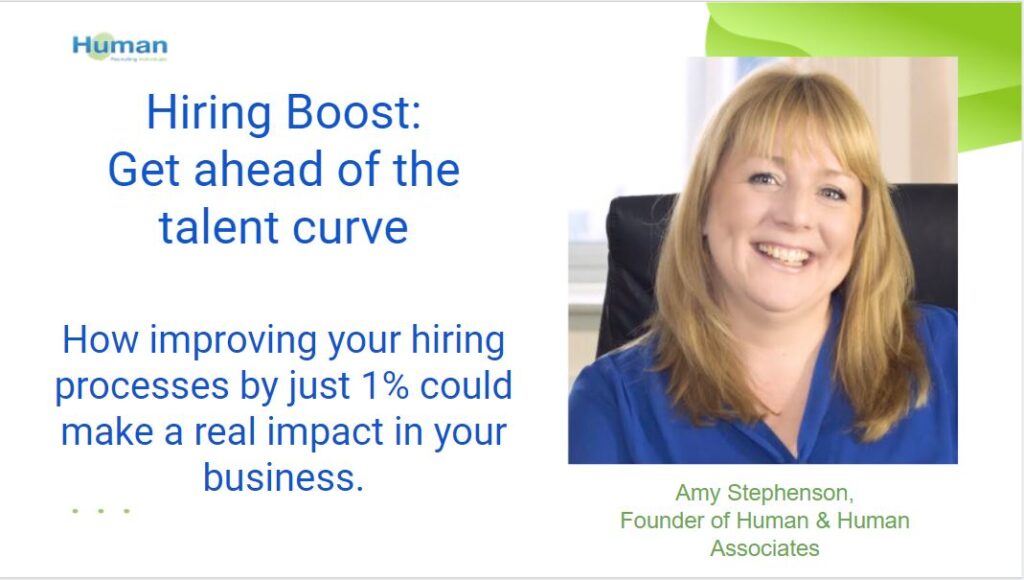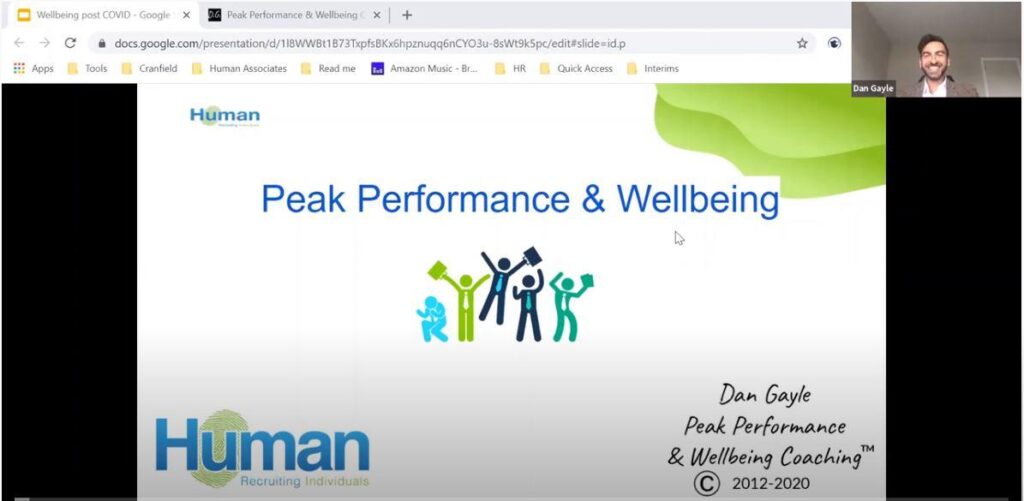‘We need to step forward for our businesses and our people’ – Interview with Lorraine Metcalf
“It’s a really interesting time to be in the People function, but equally a really challenging one. There isn’t a rule book for what’s happening in the world at the moment, but we need to step up and step forward for our businesses and our people.” – Lorraine Metcalf, Chief People Officer at Quantexa, speaks to us about developing a career in HR Leadership. As part of our commitment to supporting candidates to develop fulfilling careers, we’ve invited some HR Leaders to share the secrets of their success. This week, we had a great conversation with Lorraine Metcalf at Quantexa, who has had a wide-ranging and diverse HR career in which she has taken on a number of leadership roles including HR Director for Studios at Electronic Arts, HR Director at Cephalon UK Limited, Human Resources Director at Human Resources Interventions Limited, HR Business Partner at Cable & Wireless, and Global Head of HR Operations at CPA Global. In November 2010, Lorraine took on a role as HR Director for UK and Ireland at Iron Mountain, before moving to Notonthehighstreet to serve as HR Director there in January 2012. In January 2014, Lorraine joined the Zoopla Property Group as HR Director, moving to the role of Chief Talent Officer in February 2017 before taking on her current role at Quantexa in October 2019. Can you tell us how you got into HR and why? My career started as a PA. I worked for an entrepreneurial company at first, and it was one of those entrepreneurs who saw talent in me and encouraged me to think about developing a career in HR. Although the role had a lot of admin, there was also plenty of Personnel involved, and he told me he thought HR would suit me as a profession. Via the company, he sponsored me to do what is now an FCIPD qualification, and I undertook it at Farnborough College while working. Initially, I was a bit sceptical about embarking on a career in HR and just wanted to expand my skills, but I soon realised I actually wanted to work within a dedicated HR function. Following that, I met someone who gave me the opportunity to embark on HR on my own via a subsidiary, allowing me to challenge myself and work with a really diverse group of people. I’ve been incredibly lucky throughout my career to meet people who have introduced me to great opportunities, and the same was true of my predecessor at Electronic Arts, who I met at a recruitment event. EA were hugely progressive from a People perspective at the time—I’m still using things I did then in my practice now. I spent nearly 10 years with the company because I had so many opportunities there that gave me such a great grounding both centrally and when working with our client groups. They really valued people and put in a lot of People initiatives, and I couldn’t have asked for a better learning environment. Experiencing the development side of HR there was definitely the turning point for my career, as I could see the value that I could offer and the difference I could make, and that the people I worked with really valued the work I did. However, as the market began to consolidate under us, I knew I wanted to explore other niches and needed a new challenge. Shortly after, I stumbled across an opportunity in a biotech company, and I really clicked with the person interviewing me. I had never worked in pharma before, but he decided to offer me the opportunity as he could see that my experience with the skills that needed to be applied to the role outweighed my lack of background in the pharmaceutical industry. Once I had accomplished everything I could in that particular role, I then took on a few interim roles to try different things, and it was through an interim role that I fell into Cable & Wireless. Again, it gave me plenty of opportunities to implement changes and demonstrate what good People practice really is. I also did a couple of corporate HR roles, which were interesting, but not the direction I wanted my career to continue in. I then went to Notonthehighstreet, which was a fun role that enabled me to give back with my HR practice, and in 2014, I joined the team at Zoopla. Zoopla was incredibly fast-paced which isn’t for the faint-hearted, but I got so much opportunity there. In the time I was with them, we went public and IPO’ed, doubled our headcount size, did eight acquisitions and integrations, sold to private equity, delisted, and changed our whole strategy. The whole private equity process was an amazing opportunity. There’s something satisfying about making yourself redundant for the greater good and doing the right thing for the business and the investors. I took a summer off to recharge my batteries, and then through a contact from my Notonthehighstreet days, I was introduced to the opportunity at Quantexa. I went through the interview process, and on my last official day at Zoopla, I was offered the job. When I joined Quantexa, I saw a lot of the same qualities I had seen at Electronic Arts. I don’t think Quantexa realised how progressive they were from a People perspective. That’s a great luxury for me; the door is held wide open, so the only thing stopping me is my own imagination, creativity, and time. You only need to demonstrate the benefits to secure buy-in, and I’ve always been very transparent about pros and cons and giving the whole picture. We’ve done so much since I joined in October 2019, and my People team are brilliant—commercial, switched-on, connected with the business, super excited about the opportunity they’ve got, and passionate about what they do. When you factor in that I’ve got a CEO and a leadership team who are very People-oriented and open to learning and being challenged as well

